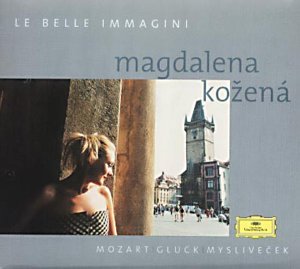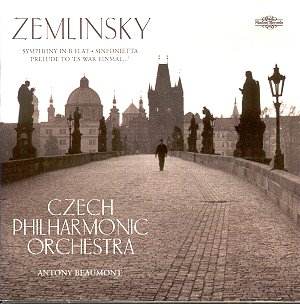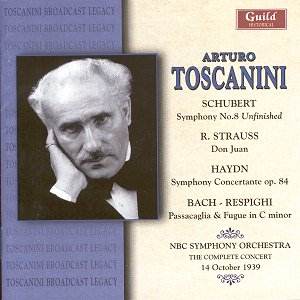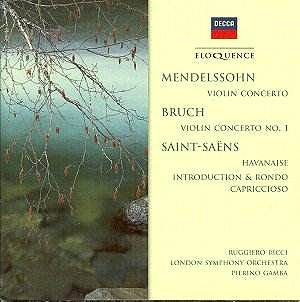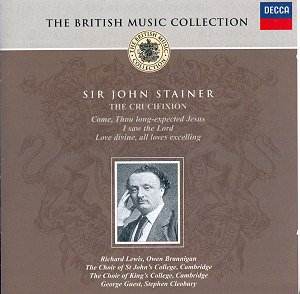 Composer: Sir John Stainer
Composer: Sir John Stainer
Works: The Crucifixion, Come Thou Long-Expected Jesus, I Saw the Lord, Love Divine
Performers: Richard Lewis (tenor), Owen Brannigan (bass), Choirs of St. John’s College/King’s College, Cambridge, George Guest, Stephen Cleobury
Recording: Originally recorded in 1961 and 1985
Label: DECCA
Sir John Stainer’s The Crucifixion occupies a fascinating niche in the canon of English choral music. Composed in 1887, this work has often been relegated to the status of a mere devotional cantata, overshadowed by the titanic creations of Bach and Mendelssohn. Yet, its simplicity and accessibility have ensured its survival, particularly among church choirs and less experienced ensembles. Stainer’s work reflects the Victorian era’s religious fervor and the burgeoning interest in choral music, serving both as an introduction to sacred music and a vehicle for congregational participation. This recording presents an earlier interpretation of Stainer’s oeuvre, one that resonates with the historical context of its creation while imbuing the work with a vitality that belies its often-dismissed reputation.
The performance, featuring Richard Lewis and Owen Brannigan, is notable for its lyrical expressiveness and textual clarity. Lewis’s tenor voice, characterized by its warmth and controlled vibrato, serves as an eloquent narrator, breathing life into the poignant text of the cantata. His ability to convey the emotional weight of the story is particularly evident in the unaccompanied choral moment “God So Loved the World,” a passage that stands as a testament to Stainer’s melodic ingenuity. Brannigan’s bass, with its resonant depth, provides a striking counterbalance, particularly in the more dramatic passages. The choristers from St. John’s College, under the direction of George Guest, deliver a cohesive sound that is both vibrant and prayerful, albeit with the caveat that the all-male ensemble creates a sound texture that diverges from contemporary expectations of gender inclusivity in choral music.
The recording quality deserves special mention, especially considering the technological limitations of the early 1960s. The engineering captures the ethereal quality of the choir, with a reverberation that enhances the spiritual atmosphere of the work. Yet, the balance between soloists and choir occasionally skews towards the former, particularly in the more intimate settings. Brian Runnett’s organ playing demonstrates remarkable versatility; he adeptly shifts between supportive accompaniment and dramatic commentary, notably in the climactic “Fling Wide the Gates,” where his registrations add an orchestral dimension to the texture.
While the hymns incorporated within The Crucifixion—notably “Come Thou Long-Expected Jesus”—serve as structural pillars of the work, they might benefit from a brisker tempo to invigorate their delivery. The slower pacing here, especially in comparison to contemporary renditions that prioritize a more spirited approach, may feel at odds with the text’s urgency. The later recording of “Love Divine,” conducted by Stephen Cleobury with the King’s College Choir, offers a contrasting interpretation that exemplifies a more modern sensibility, bringing a fresh perspective to Stainer’s melodic lines.
Stainer’s The Crucifixion remains a cornerstone of English choral repertoire, often dismissed yet undeniably influential. This recording captures a moment in time that conveys the essence of Stainer’s musical intent while presenting performances that are both technically proficient and deeply felt. The enduring appeal of this work lies not solely in its musicality but in its ability to serve as a gateway to the rich tradition of English sacred music. The recording stands as a valuable resource for both enthusiasts and scholars, affirming that while Stainer may be considered a “poor man’s Mendelssohn,” his creations resonate with a profound depth that merits serious consideration.
